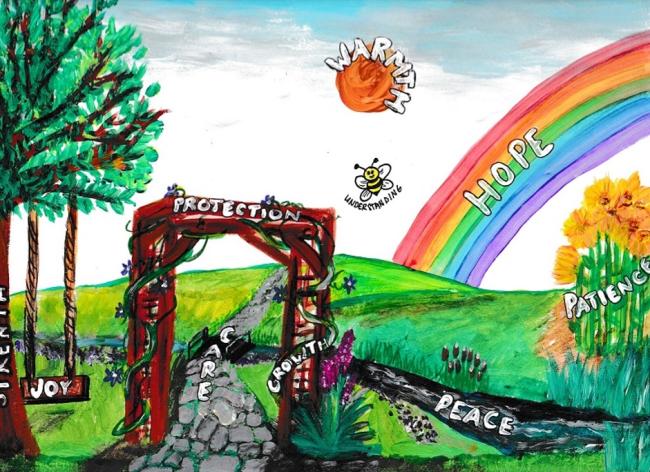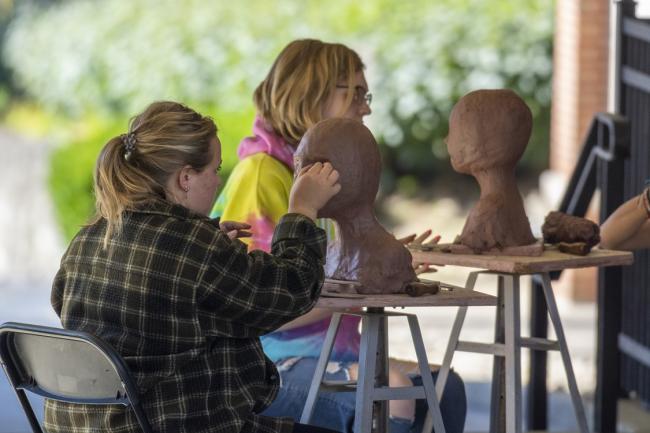Course name: ENG 235 01 Ready Player One: The Literary Foundations of Video Games
Instructor: Dr. Jamie Dessart, Professor of English
Course description: From Pong to the latest iteration of Halo, video games have become a part of our everyday lives. In this course, we'll examine the issues and genres of video games through a literary lens and ask some big questions about gaming and where it's headed. Topics covered may include the narrative versus game play debate, the psychology behind the games, the pros and cons of interactive storytelling, games for children, and gender/women in gaming. We'll be covering literary genres like children's literature, psychological horror, action/adventure, fantasy, and graphic novels. Prerequisites: ENG 102, 185, or 188. This course fulfills the General Education Literature Requirement.
Books:
- Cline, Ernest. Ready Player One. Random House.
- James, Henry. The Turn of the Screw and Other Short Novels. Signet Classics.
- Stevenson, Noelle. Nimona. Harpercollins. ISBN: 9780062278227.
- Wilder, Laura Ingalls. Little House on the Prairie. HarperCollins.
Instructor commentary: "College students today have grown up playing video games, building communities and making friends through the games. Many scholars believe that their interactive narrative and environmental storytelling is the future; readers and players and viewers are now participants in the story. My goal in this class was to tie traditional narrative structures and literary theory to games the students play, to show how they are related to each other. We started with a section on the debate between narratology and ludology, or how narratives fit with the mechanics of gameplay. We're in a unit now about games and children, asking the important questions about what makes a text "for children" and if there is such a thing as a "wholesome" or "cozy" book or game. Another area we're going to be studying is the psychology that is so often intertwined with game play; we'll be examining Henry James' classic novella The Turn of the Screw and the gothic tradition which has been the foundation of popular horror games. And we'll end the semester with a look at the ongoing controversy of gender and gaming, the Activision Blizzard sexual harassment scandal, Gamergate, and some really important questions about gatekeeping and representation. As part of the class, I've arranged a panel with three guests who work in the gaming industry to talk about this topic.
"My philosophy has always been to meet our students where they are, to start with common ground and then introduce them to classic literature and abstract concepts based upon familiar texts. Students are making great connections to their own lives; one of the most popular topics on paper #1 was the myth that video games are isolating. So many wrote about how games kept them connected to family and friends during the pandemic.
"Why am I interested in this topic? Well, for one, I wanted to connect to the new WU esports program that is starting up; this seemed like a good way to encourage students to think about games critically. But I have a personal connection to the topic; my oldest daughter works in the esports industry as a content creator and designer for Torrent Esports and my youngest is heading to graduate school to study art history, new media, and video games." - Dr. Jamie Dessart


